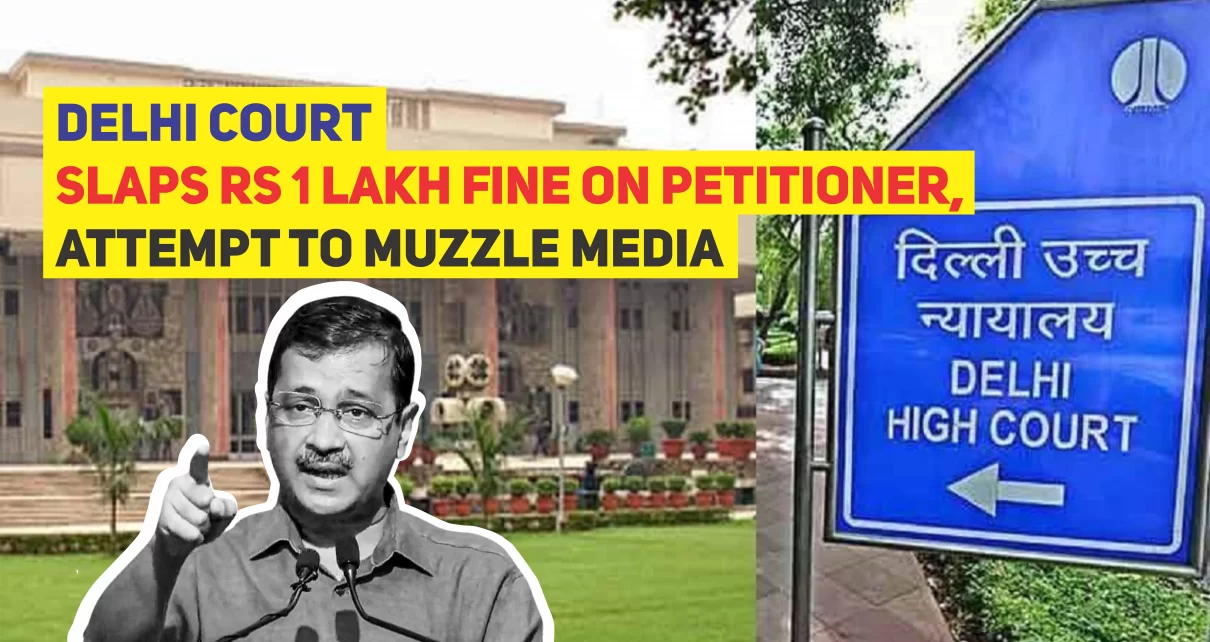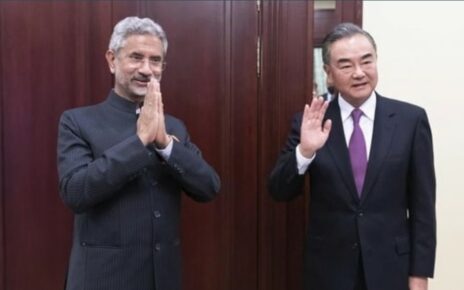In a significant development, the Delhi High Court has firmly rejected a petition aiming to silence media coverage regarding Delhi Chief Minister Arvind Kejriwal. The court imposed a substantial fine of Rs 1 lakh on the petitioner, a lawyer named Shrikant Prasad.
The petition sought to restrict media channels from discussing speculation surrounding Kejriwal’s resignation and the potential imposition of President’s Rule in Delhi. Additionally, it demanded special privileges for Kejriwal in Tihar jail to facilitate the functioning of the Delhi Government.
However, the High Court, led by Acting Chief Justice Manmohan and Justice Manmeet Pritam Singh Arora, stood firm against attempts to curtail freedom of press and manipulate political discourse. They explained that such actions were beyond the court’s jurisdiction and questioned the feasibility of imposing emergency measures or silencing dissenting voices in a democratic setup.
Also Read: AAP Collaborates With Congress To Form Coordination Committee
The arrest of Kejriwal by the Enforcement Directorate in connection with the Delhi Excise policy case added complexity to the legal and political landscape. Despite Kejriwal’s incarceration, the court dismissed any notion of allowing him to govern from jail and citing his pending plea in the Supreme Court.
The petition claimed that coverage in the media was biased against Kejriwal and disrupted democratic procedures. It also called for a stop to claimed attempts by BJP President Virendra Sachdeva to force Kejriwal’s resignation through rallies and remarks. However, the court remained unwavering in its commitment to safeguarding democratic standards and declined to consider such pleas.
This is not the first time the Delhi High Court has received similar petitions. Previously, it rejected similar requests and fined petitioners for spurious claims. The court’s resolute stance emphasises the necessity of safeguarding democratic institutions and media freedom, especially in the midst of political unrest. By rejecting the case and punishing the petitioner, it underlined its commitment to preserving the rule of law and protecting democratic ideals in India.




